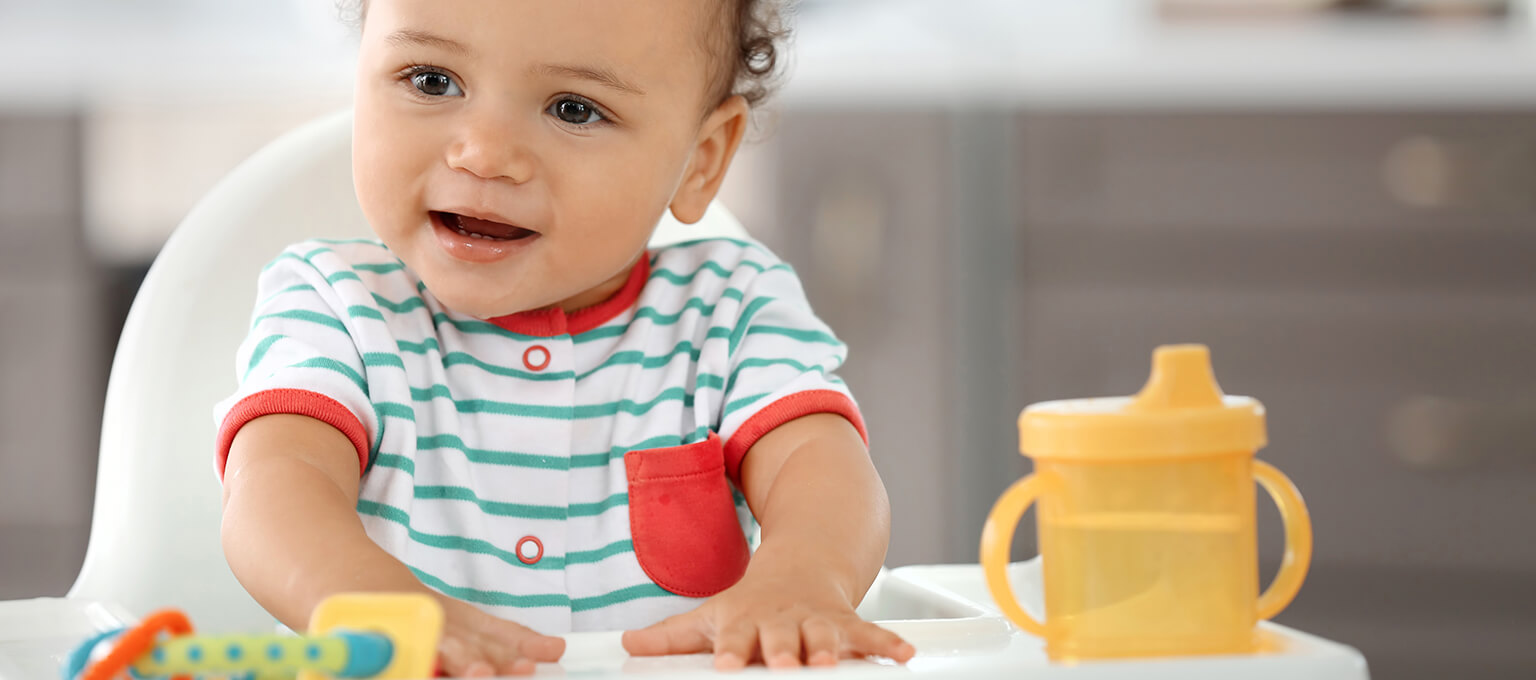There are a variety of viewpoints on how much water newborns, babies, and toddlers should drink. Water should not be administered to infants before they are 6 months old, according to the majority of medical institutes.
A baby’s electrolyte balance might become unbalanced and important nourishment from formula or breast milk can be replaced. Furthermore, because breast milk and formula include a large amount of water, most medical practitioners concur that drinking water is not necessary during the first year of life.
Introducing water to babies:
When the child reaches the age of six months, parents can begin giving him or her cooled, boiled water in a cup during mealtimes and other times of the day. This is done so that the baby may practice sipping from a cup, although at this age, babies only truly require breast milk or formula for fluids. When the kid is 12 months old, parents can give him or her cold tap water without boiling it beforehand.
Advantages of providing water to the infant:
Water helps older infants, 6 months and older, stay hydrated, which:
- carries nutrients and oxygen to cells while assisting in waste removal.
- lubricates tissues and joints and maintains blood volume.
- obviates the need for fruit juice, which doctors advise avoiding before the age of one and only introducing in very little amounts, if at all.

Risks of premature water administration to infants:
Due to the following hazards, very young babies should not drink water:
1) Not enough nutrition:
Babies who use bottles of water to quench their thirst and fulfill their urge to suck miss out on the vital nutrients that come from breast milk and formula.
2) Inadequate weight gain:
The baby isn’t overeating if she frequently drinks water in addition to breast milk or formula. That eventually means the baby won’t consume enough calories to gain the proper amount of weight.
3) Reduced milk production:
Giving the kid water if individuals are really nursing could eventually reduce the milk production because babies that drink a lot of water will nurse less at the breast.
4) Irregularities in the electrolytes:
Water intoxication, a potentially deadly condition when electrolytes (such salt) in a newborn’s system get diluted, can result from letting the baby drink a lot of water. This may affect a baby’s regular bodily processes and cause symptoms like seizures.
Other Beverages for babies:
Soft drinks, cordial, and fruit juice are not recommended for infants under 12 months of age. Children of any age should not consume caffeinated beverages like tea, coffee, and energy drinks, as well as alcohol.
FAQs:
When may infants ingest water?
The kid only needs to consume breast milk or infant formula if they are younger than six months. From the age of six months, parents can supplement young baby’s breast milk or formula feeds with small amounts of water, as needed.
How much water can one give the baby?
Babies need 4 to 6 ounces, or slightly more than half a cup, of water each day starting at the age of 6 months.
Why are young babies unable to drink water?
Breast milk or formula provide all the water that infants require, keeping them well-hydrated. Giving a baby water before she’s old enough carries concerns as well.
When it’s hot outside, should babies drink water?
When it’s extremely hot outside, many doctors advise newborns to sip on milk or water in small doses to lower the risk of dehydration, but always check with the child’s pediatrician first.
Can mom give water to the two-month-old to relieve constipation?
In addition to regular feedings, give the baby a small amount of water or a daily serving of 100% apple, prune, or pear juice.
